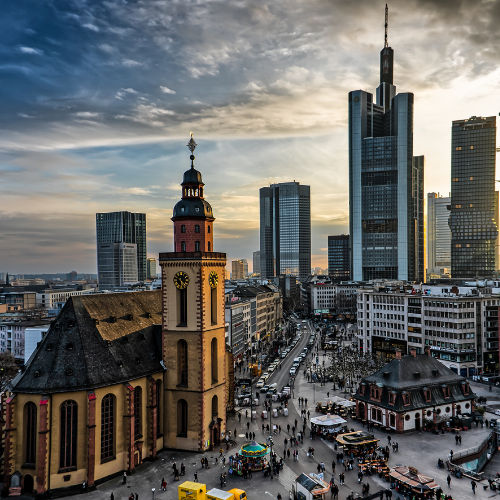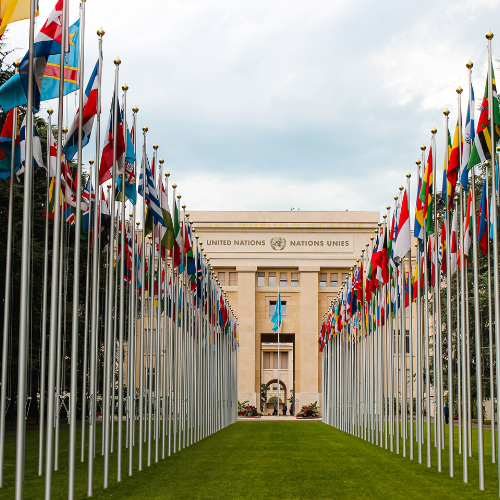
Megacities, Megarisks: How Population Growth and Climate Change Increase Vulnerability in the World’s Largest Cities
May 20, 2022 | Post
In 1975, the world had three cities with more than 10 million people, also known as megacities: Tokyo, New York City, and Mexico City. Today, there are 33 megacities, 27 of which are located in developing countries. Nine of the ten cities projected to become megacities by 2030 will be…...
Read More








